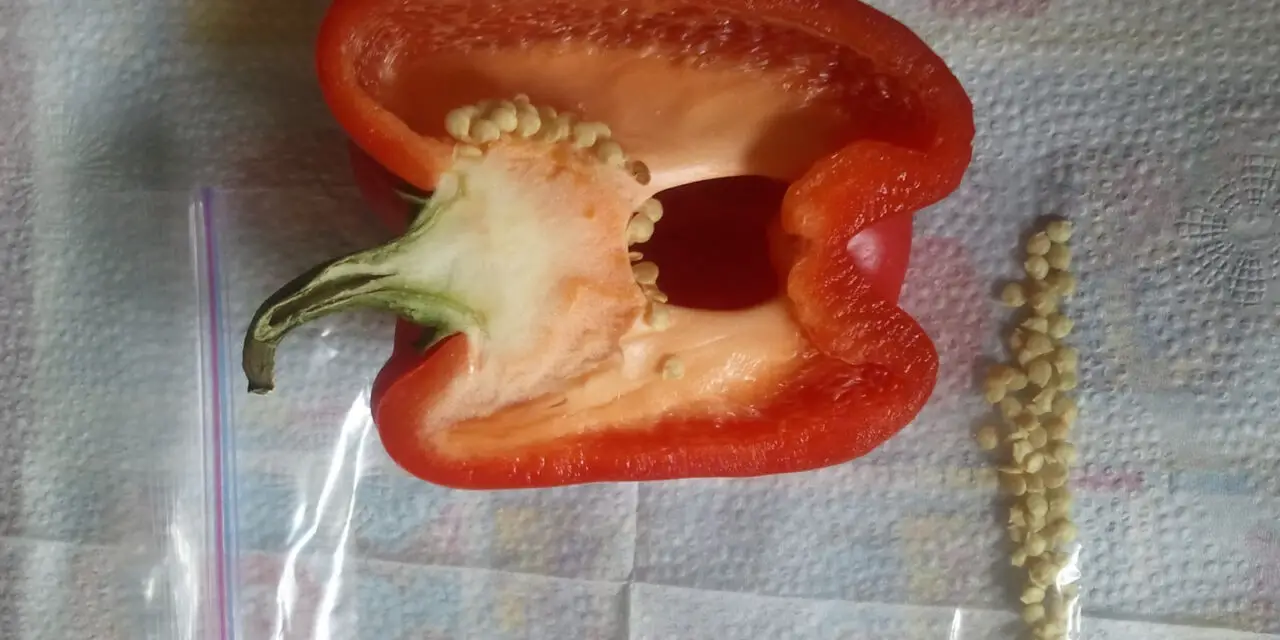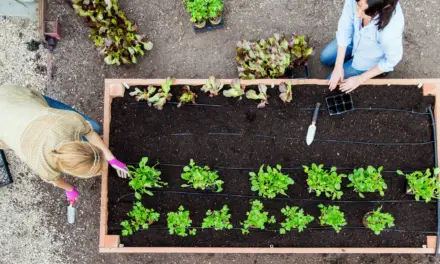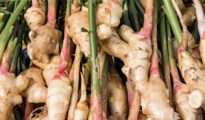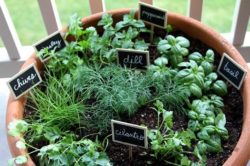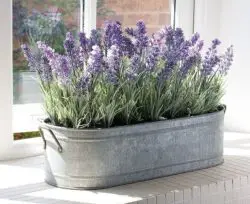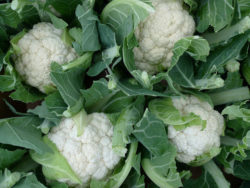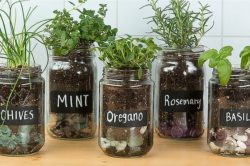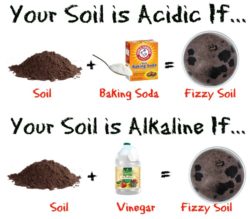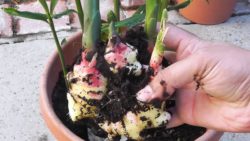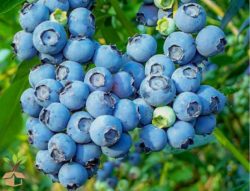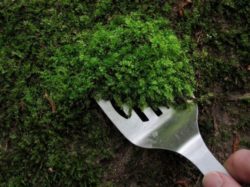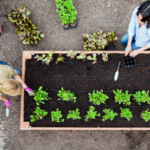Learn how to grow bell peppers from scrap at home with this easy to follow DIY gardening guide! Bell peppers are a popular type of pepper that is often used in cooking. They are characterized by their large, bell-shaped fruits which can be green, red, yellow, or orange in color. Bell peppers are believed to have originated in Central and South America, and they are now grown all over the world. The sweet flavor of bell peppers makes them a popular ingredient in salads and salsas, and they can also be cooked and served as a side dish. Bell peppers are an excellent source of vitamins C and A, and they also contain significant amounts of folic acid. As a result, they offer a wide range of health benefits, including boosting immunity, reducing inflammation, and preventing birth defects. Keep reading to learn how to grow bell peppers from scrap.
How to Grow Bell Peppers From Scrap
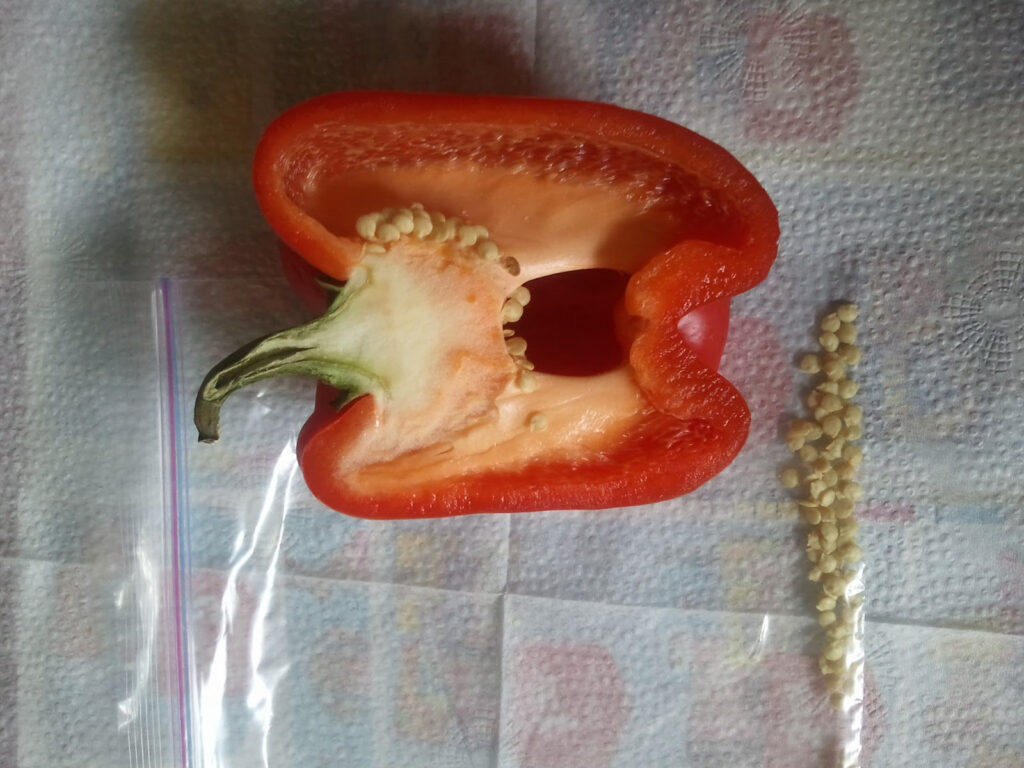
You may not know this, but you can actually grow bell peppers from scrap! All you need is a piece of bell pepper that has the stem attached. Start by filling a small pot with fresh, well-draining soil. Next, place your piece of bell pepper in the pot and bury the stem about halfway. You can also plant bell pepper seeds from a purchased bell pepper directly into the soil. Water the soil lightly and keep it moist, but not soggy. Within a few weeks, you should see new growth emerging from the soil. Once the seedlings are large enough to handle, you can transplant them into individual pots or into your garden bed. With a little patience and care, you can enjoy a bountiful harvest of homegrown bell peppers!
How to Care for Bell Pepper Plants
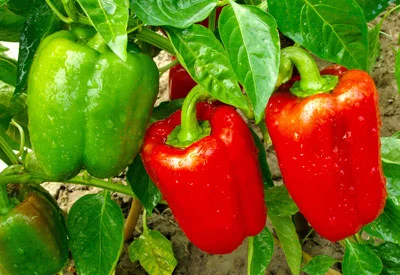
Bell peppers are a delicious and versatile addition to any meal, and they're also relatively easy to grow. Here are a few tips on how to care for bell pepper plants so that you can enjoy a bountiful harvest.
Peppers need full sun to produce well, so choose a spot in your garden that gets at least six hours of sunlight per day. They also need well-drained soil, so be sure to amend your soil with compost or other organic matter before planting. Once your plants are in the ground, water them deeply and regularly, especially during hot, dry weather. Mulching around the plants will help to conserve moisture and keep the roots cool. Fertilize your plants every few weeks with a high-quality organic fertilizer to ensure that they have all the nutrients they need to produce abundant fruit. And finally, be patient! Peppers take several weeks to mature, so don't be discouraged if you don't see any fruit right away. With a little care, you'll soon be enjoying the fruits of your labor.
Bell Pepper Plant Pests & Diseases
At some point in their gardening career, most gardeners will encounter a pest or disease in their bell pepper plants. While there are a variety of pests and diseases that can affect bell peppers, some of the most common include Aphids, Curly Top Virus, and Root-Knot Nematodes. Aphids are small, wingless insects that feed on the sap of plants. They can cause stunted growth and yellowing of leaves. Curly Top Virus is spread by Beetles and causes the leaves of affected plants to curl upwards. Root-Knot Nematodes are tiny parasitic worms that infest the roots of plants, causing them to become stunted and yellow. While pests and diseases can be frustrating, there are a number of steps that gardeners can take to prevent or control them. These include using traps or barriers to keep pests out, removing infected plants, and using fungicides or insecticides. By taking these steps, gardeners can help to ensure that their bell pepper plants stay healthy and productive.
Bell Pepper Health Benefits
Bell peppers are a delicious and nutritious addition to any meal. They are an excellent source of Vitamins A and C, and they also contain a variety of other vitamins and minerals. bell peppers have been shown to provide numerous health benefits, including reducing the risk of certain cancers, improving cardiovascular health, and boosting immunity. Additionally, bell peppers are a low-calorie food, making them an ideal choice for those watching their weight. So next time you're looking for a healthy way to add some flavor to your meal, reach for a bell pepper!

